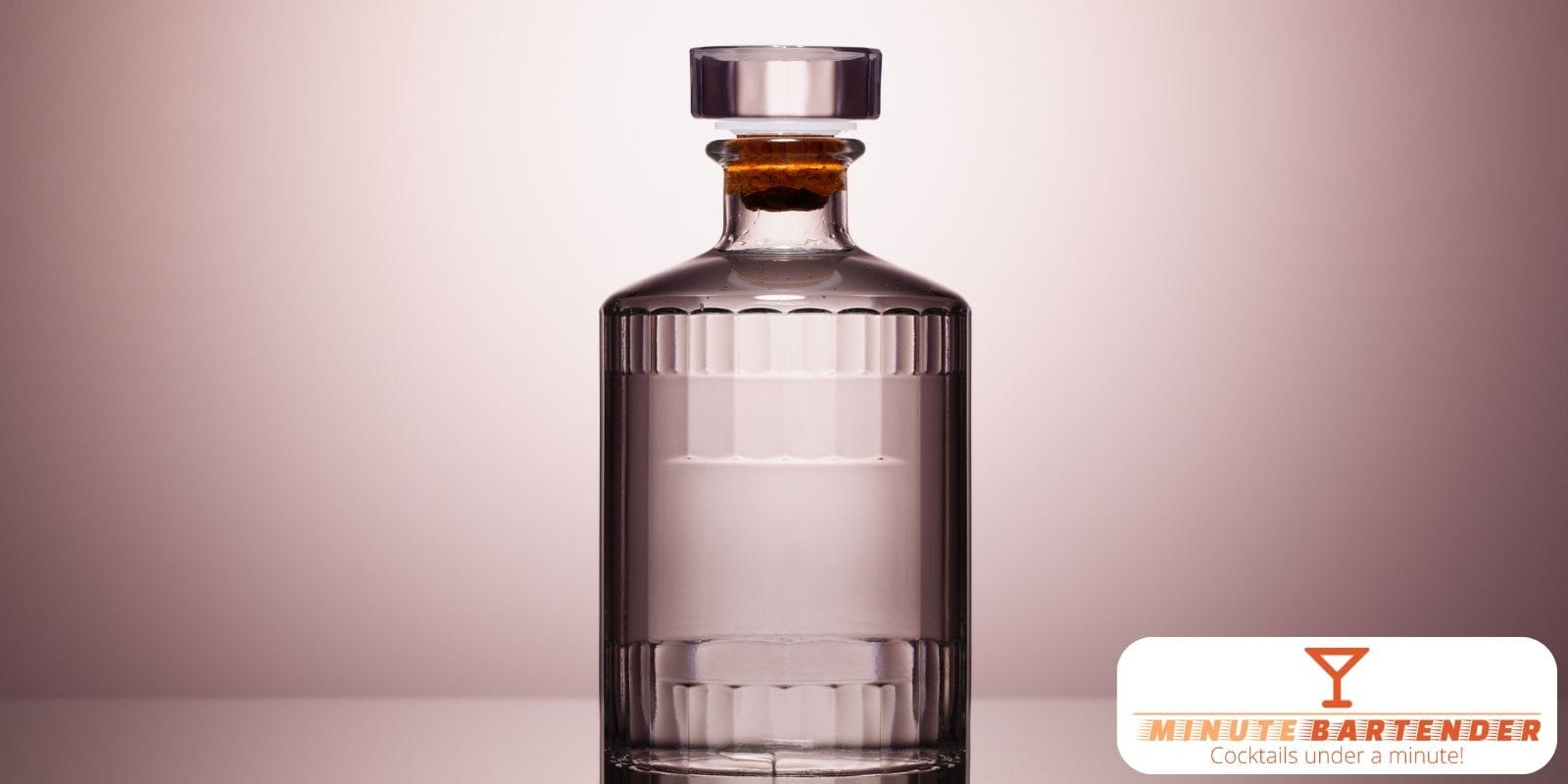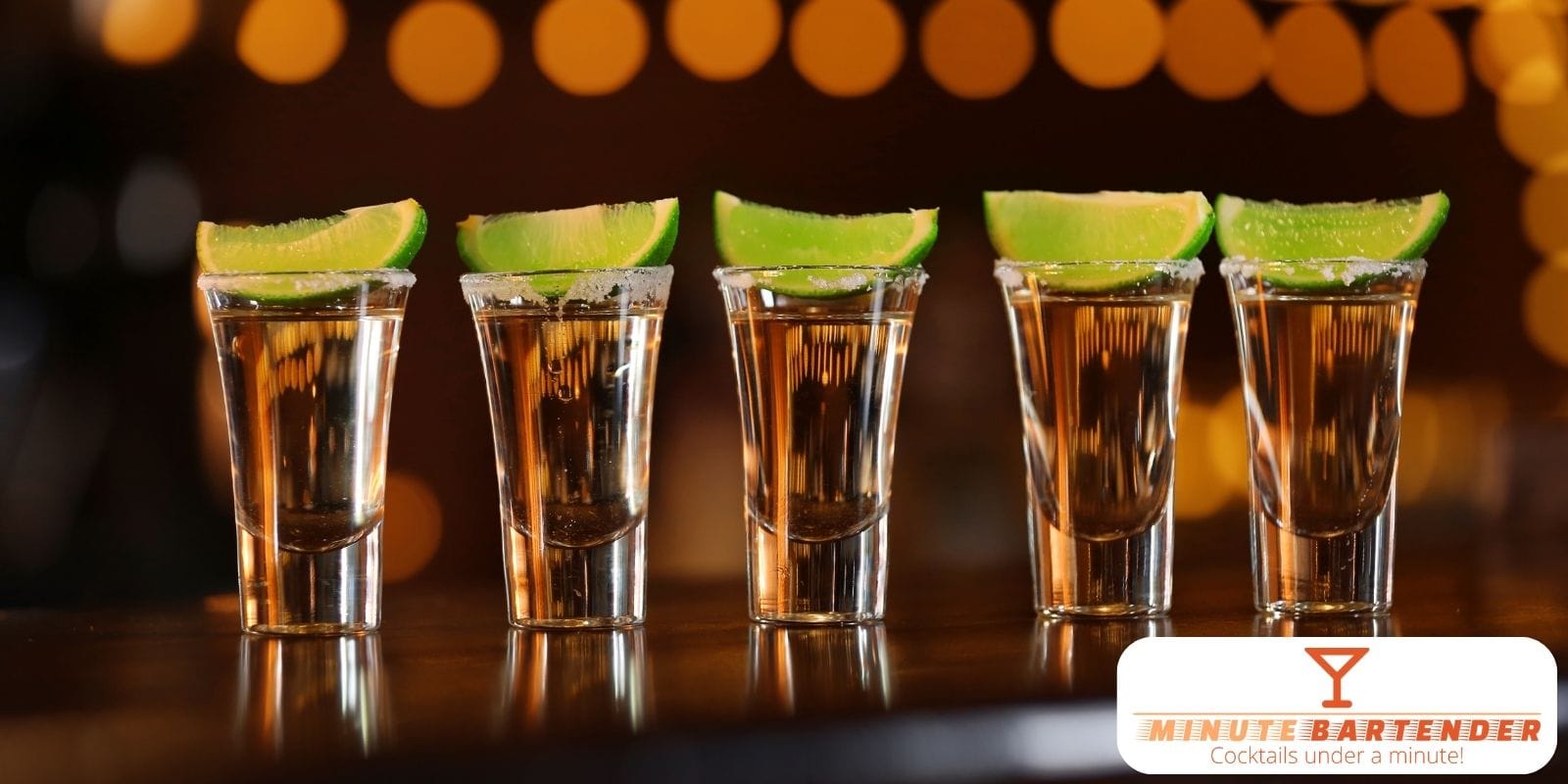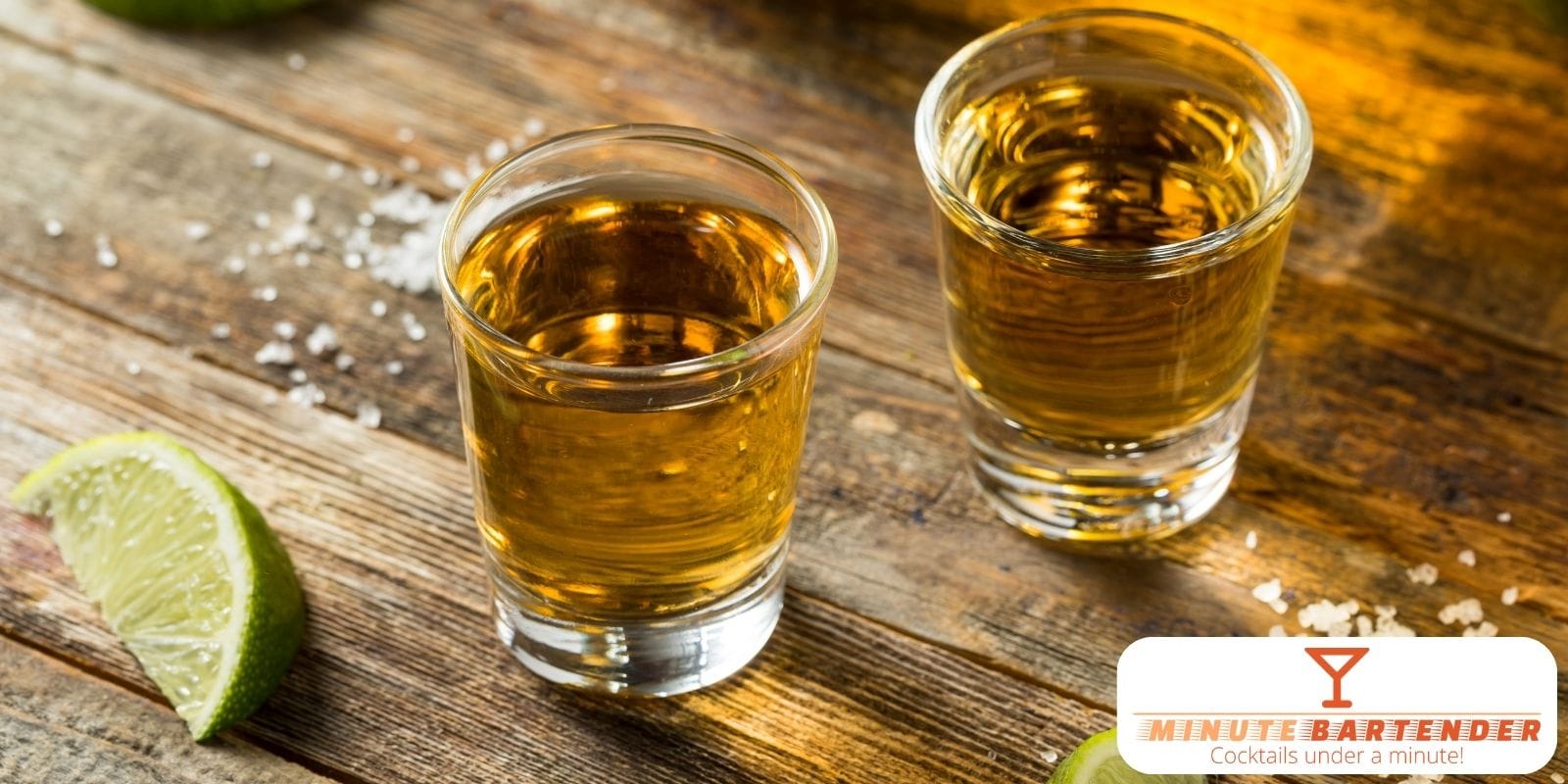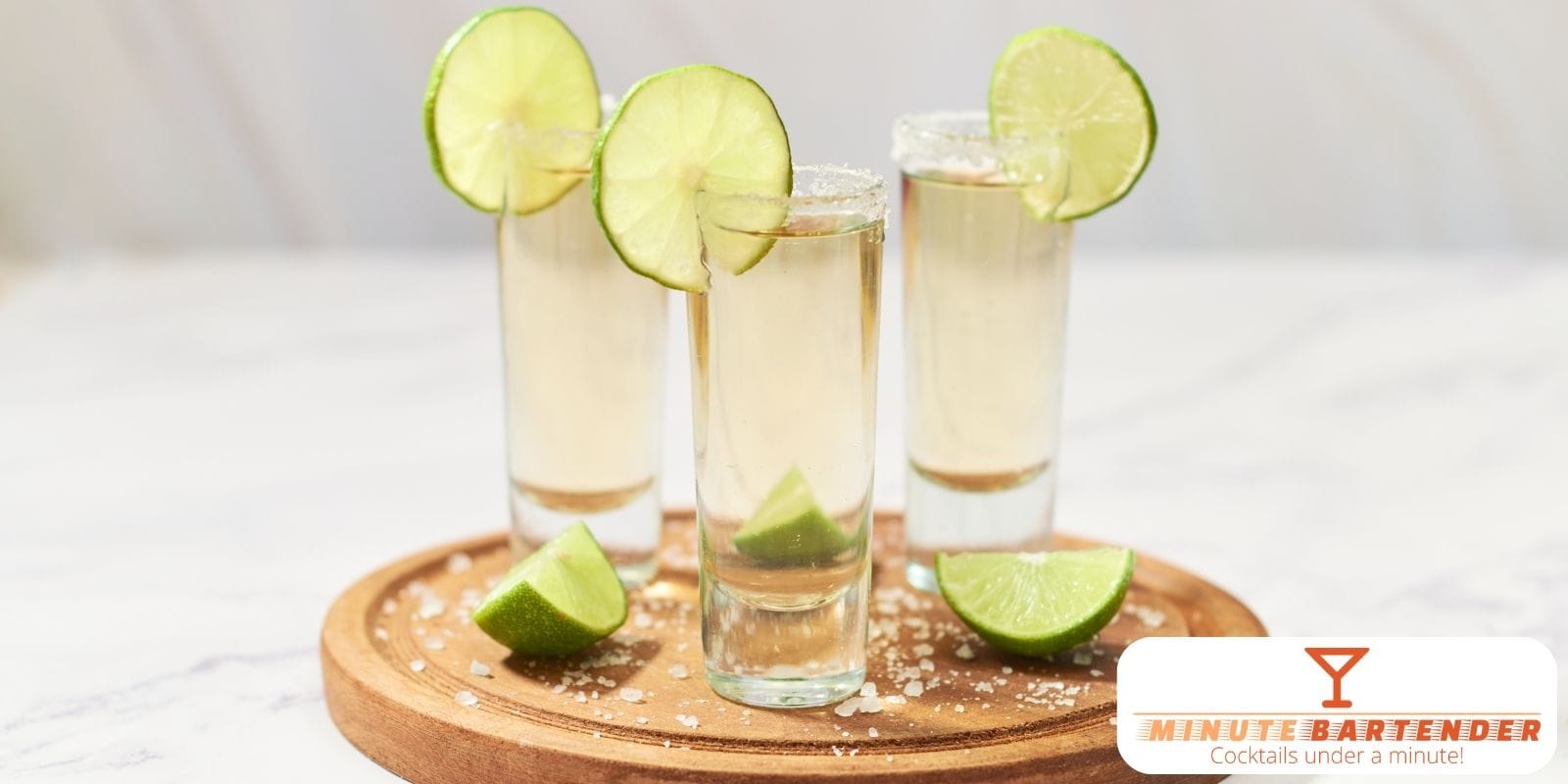Have you ever wondered, “What Not to Mix with Whiskey?”
This age-old question stirs up debates among whiskey enthusiasts and casual drinkers alike. Is there a definitive list of do’s and don’ts when it comes to mixing this revered spirit? Let’s dive into the world of whiskey mixology and uncover the secrets to preserving its rich flavors.
In the realm of whiskey, certain combinations are considered sacrilegious by connoisseurs. For instance, mixing whiskey with highly acidic or overly sweet beverages can mask its complex profile.
Renowned whiskey expert, Jim Murray, advises against diluting whiskey’s unique character with dominant flavors. Instead, he suggests complementing it with subtle additions that enhance rather than overpower.
But what are these subtle additions, and how do they transform your whiskey experience? This article delves into expert recommendations and the science behind them. We’ll explore why certain mixers are a no-go and how the right ones can elevate your whiskey to new heights.
So, if you’re ready to become a savvy whiskey mixer, keep reading to unlock the secrets of perfect whiskey pairings.
Why it’s Essential to Know What Not to Mix with Whiskey

As a whiskey enthusiast, it’s important to experiment with different mixers and flavors to find the perfect combination that suits your taste buds. However, not all mixers are created equal, and some can actually ruin the flavor profile of the whiskey. That’s why it’s essential to know what not to mix with whiskey.
Mixing whiskey with certain ingredients can result in a distasteful concoction that takes away from the nuances of the whiskey. For example, mixing whiskey with a sugary soda can overpower the flavor and make the drink too sweet. It’s crucial to pair the right mixers with whiskey to enhance its taste and not detract from it.
So, what are the worst mixers to combine with whiskey? Here’s a table or bullet list of some of the most common mixers to avoid:
- Fruit Juices: Orange, Grapefruit, Lemon, and Lime juices can overpower the whiskey’s flavor and make it too tart or sweet.
- Cola: Cola can make the whiskey too sugary and overpower the subtle flavors and aromas.
- Tonic Water: The bitterness of tonic water can clash with the whiskey’s flavor and make the drink too bitter.
- Energy Drinks: Energy drinks have too much sugar and caffeine that can overpower the whiskey’s flavor.
- Milk: Mixing whiskey with milk can cause curdling and negatively alter the flavor of the whiskey.
By avoiding these common mixers and experimenting with bitters, vermouth, and soda water, you can create a balanced and delicious whiskey cocktail every time. Knowing what not to mix with whiskey can elevate your whiskey drinking experience and help you appreciate the complexity of this beloved spirit.
Here’s a sample table of some mixers and foods to avoid when drinking whiskey:
| Mixers to Avoid | Foods to Skip |
|---|---|
| Sugary sodas | Spicy dishes |
| Fruit juices | Salty snacks |
| Energy drinks | Sweet desserts |
| Tonic water | Citrus fruits |
As you can see, using headings and subheadings can make your blog posts more organized and reader-friendly, while also benefiting your SEO efforts. So, be sure to incorporate them into your writing!
Water – The Only Acceptable Mixer for Some
When it comes to whiskey, many people are hesitant to mix it with anything other than water. And, believe it or not, water is the only acceptable mixer for some whiskey enthusiasts. But why add water to whiskey? The answer lies in the complex composition of this beloved spirit.
Whiskey is typically distilled at a high proof, meaning it has a high alcohol percentage. This can make it a bit harsh to drink on its own, that’s where water comes in. Adding a small amount of water to your whiskey can actually enhance the flavor and aroma, making it more enjoyable to drink. The water helps to open up the whiskey and release the complex flavors that are otherwise hidden.
But not all whiskeys benefit from water. The decision to add water ultimately depends on the individual whiskey. If it’s a high-proof whiskey with intense alcohol burn, then water can help to smooth it out. However, for some whiskeys, adding water can actually dilute the flavors and change the overall character of the spirit. In these cases, it’s best to enjoy the whiskey neat or on the rocks.
To help simplify things, here’s a quick bullet list of whiskeys that benefit from water and those that don’t:
Whiskeys that benefit from water:
- High-proof whiskeys
- Whiskeys with intense alcohol burn
- Whiskeys with complex flavors
Whiskeys that don’t benefit from water:
- Low-proof whiskeys
- Delicate, nuanced whiskeys
- Whiskeys with strong, dominant flavors
In conclusion, when it comes to mixing whiskey, water is the only acceptable mixer for some. But it’s important to understand which whiskeys benefit from water and which don’t. Adding water can enhance the flavors and make it more enjoyable, but for some whiskeys, it’s best to leave them be and enjoy them on their own. Ultimately, it comes down to personal preference and experimentation to find what works best for you.
Soda – A Classic Whiskey Mixer with Limitations
Whiskey is a classic drink that has been enjoyed for centuries, but not all mixers are created equal. One of the most popular mixers for whiskey is soda, but it’s important to keep in mind that there are limitations to this combo. While adding soda to your whiskey can certainly make it more palatable, there are certain things to consider before you reach for that bottle of soda.
One of the main things to keep in mind when mixing soda with whiskey is the sweetness factor. Soda tends to be quite sweet and can overpower the flavor of the whiskey if you’re not careful. This is especially true if you’re using a flavored soda like cola or lemon-lime. If you want to give your whiskey a bit of fizz, try using club soda instead. It will add the right amount of carbonation without affecting the flavor of the whiskey.
Another important consideration when mixing soda with whiskey is the type of whiskey you’re using. Some whiskeys are more delicate than others, and mixing them with soda can be a bit risky. For example, if you’re drinking a high-end single malt scotch, you probably don’t want to dilute it with soda. Stick to mixing soda with cheaper whiskey blends or bourbons.
To summarize, if you’re going to mix soda with whiskey, keep in mind the sweetness factor and the type of whiskey you’re using. Here’s a quick bullet list to help you remember what to keep in mind:
- Avoid using overly sweet sodas like flavored colas or lemon-lime
- Use club soda instead of sweet soda for carbonation
- Stick to mixing soda with cheaper whiskey blends or bourbons
Energy Drinks – Avoid for a Stomach-Friendly Experience
Whiskey is a beloved drink that represents tradition, sophistication, and class. For many whiskey lovers, there is nothing better than savoring the rich, smooth taste of this liquor on the rocks.
However, as much as we love to experiment and create new mixes, not all drinks pair well with whiskey. In fact, some of them can create an unpleasant chemical reaction and make you feel uneasy. In this blog post, we focus on one such drink – energy drinks.
Energy drinks have become a popular choice for many partygoers who want to stay up all night and enjoy their favorite drinks without feeling sleepy. However, when it comes to whiskey, mixing it with energy drinks can lead to disastrous consequences.
The high sugar and caffeine content in energy drinks can cause your body to metabolize the alcohol in whiskey faster, leading to a sudden spike in blood alcohol levels. This can result in dehydration, nausea, and dizziness.
If you want a stomach-friendly experience, then it’s best to avoid mixing energy drinks with whiskey. Instead, try pairing your whiskey with a more complementary drink like water or soda. Water can help to hydrate your body, while soda can add a refreshing fizz to your whiskey and create a more enjoyable drinking experience. By avoiding energy drinks, you can savor the taste of whiskey without any unpleasant side effects.
In summary, if you want to enjoy your whiskey without any stomach troubles, avoid mixing it with energy drinks. Instead, opt for water, soda, or other complementary drinks that can elevate the flavor of your whiskey. Remember, whiskey is a classic drink that deserves to be savored in its essence. So, enjoy it responsibly and keep experimenting with new mixes that complement its unique flavor and character.
Cola – A Popular But Controversial Whiskey Mixer
While cola is a popular and widely used mixer for whiskey, it’s also one of the most divisive. Some people swear by the combination of whiskey and cola, claiming that the sweet and carbonated flavor of the soda enhances the notes of the whiskey. However, others argue that cola simply masks the complexity and nuance of the spirit, reducing it to a simple and one-dimensional drink.
One of the main reasons that some whiskey experts recommend avoiding cola as a mixer is that the high sugar content can overwhelm the flavor of the whiskey. Additionally, the carbonation can cause the whiskey to release its bubbles more quickly, leading to a flatter and less complex taste.
If you do choose to mix your whiskey with cola, experts suggest opting for a high-quality brand that uses real sugar, rather than a low-quality brand that includes high fructose corn syrup and other artificial sweeteners.
In conclusion, while cola is a popular and convenient mixer for whiskey, it may not be the best choice for those who are looking to truly savor and appreciate the complex flavors of the spirit.
If you do decide to mix your whiskey with cola, be sure to choose a high-quality brand and use it sparingly to avoid overpowering the taste of the whiskey. Instead, consider exploring other mixers such as ginger beer, citrus juices, or even just a splash of water to help bring out the unique flavor notes of your favorite whiskey.
| Pros of Mixing Whiskey with Cola | Cons of Mixing Whiskey with Cola |
|---|---|
| Sweet flavor enhances whiskey notes | High sugar content can overwhelm whiskey |
| Convenient and easy to find | Carbonation can affect the taste of whiskey |
| Popular and widely used mix | Artificial sweeteners can alter the flavor of whiskey |
Fruit Juices – Enhance or Destroy the Flavors of Whiskey
Whiskey has a rich and complex taste that is appreciated by every whiskey lover. But did you know that mixing whiskey with the wrong drink can completely ruin its flavors? One such drink is fruit juice. Yes, you heard it right. Mixing whiskey with fruit juice can drastically impact its taste, and not always in a good way.
Fruit juices such as orange, grapefruit, and lemon are highly acidic and can overpower the delicate notes of whiskey. The intense citrus flavors can clash with the whiskey’s smoky or woody notes, making it taste like a completely different drink.
Even if you add a small amount of fruit juice to your whiskey, it can completely mask its true taste. However, not all fruit juices are bad for whiskey. Some juices, when mixed with the right amount, can actually enhance the whiskey’s flavor.
So, what are the fruit juices that whiskey lovers must avoid, and which ones can be added to your whiskey without compromising its taste? Here is a brief table to help you understand what to mix and what not to mix with your whiskey.
| Fruit Juice | Result |
|---|---|
| Orange | Overpowers the delicate notes of whiskey |
| Grapefruit | Overpowers the delicate notes of whiskey |
| Lemon | Overpowers the delicate notes of whiskey |
| Apple | Can be added in small amounts to enhance the whiskey’s flavor |
| Cranberry | Can be added in small amounts to enhance the whiskey’s flavor |
| Pineapple | Can be added in small amounts to enhance the whiskey’s flavor |
So, next time you are mixing a drink with whiskey, make sure you avoid the fruit juices that overpower its delicate flavors. Instead, try adding a small amount of apple, cranberry, or pineapple juice to enhance the whiskey’s unique taste. Happy mixing!
Milk and Cream – Better Left for Dessert Cocktails
If there’s one thing that whiskey lovers know, it’s how to appreciate the smooth and bold flavors of a good whiskey. But while it might be tempting to mix and experiment with your favorite drink, there are some mixers you just shouldn’t try. And one such type is milk and cream.
While milk and cream might seem like a good idea to give your drink a smooth, creamy taste, it’s actually one of the worst things you can add to your whiskey. The high-fat content of milk and cream can actually clash with the whiskey’s flavor profile, resulting in a curdled mess that’s not just unpleasant to look at, but also tastes terrible.
While milk and cream might work well in dessert cocktails, it’s always better to avoid using them when it comes to whiskey. Stick to mixers that are compatible with the flavors of whiskey such as soda and fruit juices. This way, you can enjoy your whiskey without ruining its unique taste.
In summary, it’s better to leave milk and cream for dessert cocktails. Here are some other mixers to avoid when it comes to whiskey:
- Energy Drinks – The high sugar and caffeine content can result in a bitter taste.
- Cola – The sugary taste of cola can overpower the whiskey’s unique flavor.
- Sweet Liqueurs – While they may seem like a good idea, sweet liqueurs can make your whiskey overly sweet and take away from its distinct taste.
Beer – A Risky and Controversial Whiskey Mixer
Whiskey is one of the most widely consumed alcoholic beverages around the world, and it is undoubtedly a drink that is best enjoyed straight up or on the rocks. While it’s tempting to experiment with various mixers, there are certain beverages that just don’t pair well with whiskey. And one such drink that falls into this category is beer.
Beer and whiskey may seem like the ultimate pairing for some, but for a lot of whiskey enthusiasts, this is a big no-no. The two can clash and create a rather unpleasant taste. Beer, being a fermented beverage, often has a strong, unique flavor that can overpower the natural flavors of whiskey. Plus, both drinks contain alcohol and when mixed, it can be a recipe for disaster. With both being strong, if drunk in copious amounts, it can lead to over-intoxication.
Another concern with mixing beer and whiskey is that depending on the type of beer, it can cause a rather unappetizing concoction. For instance, a light beer would not go well with a rich, heavy whiskey, while a dark beer would likely overpower the whiskey’s flavors. If you’re truly craving a whiskey cocktail with a beer twist, then you can opt for a whiskey sour with beer. The grapefruit taste of the sour cocktail can help to balance out the flavors.
To sum it up, while whiskey and beer may be a popular option for some, it is generally not recommended. If you’re looking for inspiration on what to mix with whiskey, we’ve compiled a list of better options below:
- Ginger ale
- Lemonade
- Soda water
- Tonic water
- Sweet/ sour mix
So, next time you’re pondering a whiskey mix, skip the beer and try out one of these mixers instead.











